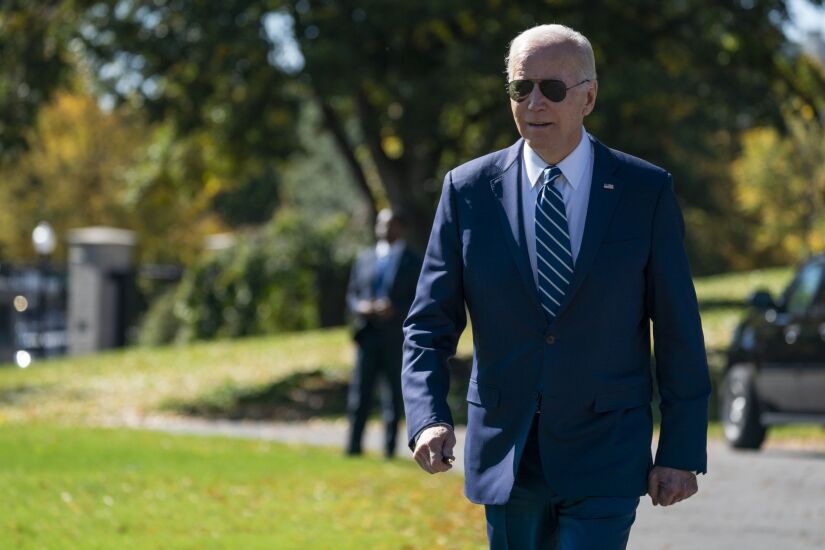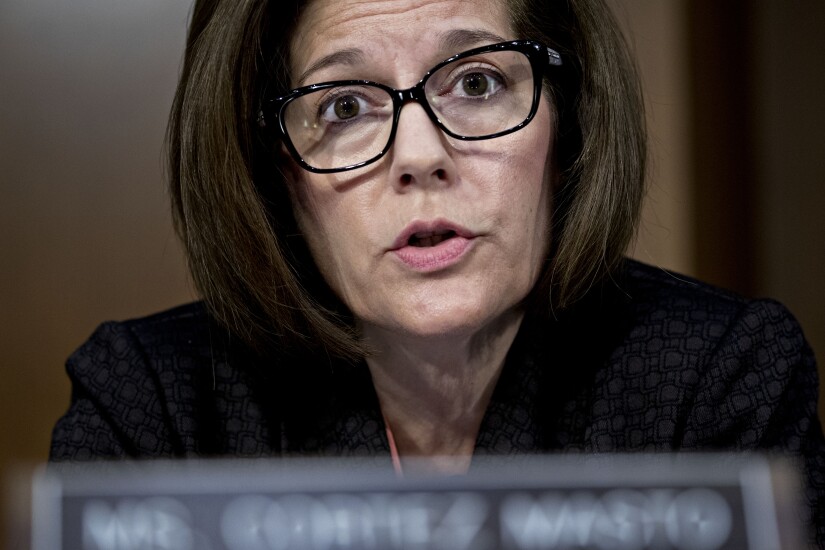WASHINGTON — Republicans are gaining ground as concerns about the economy remain fresh in voters' minds, while the momentum Democrats enjoyed earlier this summer from their support of reproductive rights appears to be waning.
Most recent
The president's opposition typically gains ground in midterm elections, so Republicans have had the wind at their backs throughout the current election cycle. The Supreme Court's decision to overturn Roe v. Wade, combined with legislative victories for Democrats and lackluster candidates prevailing in Republican primaries seemingly changed this dynamic in the summer and early fall, but more recent polling shows that the economy and inflation — issues for which Republicans are traditionally favored — are at the front of voters' minds as the campaign season comes down the final stretch.
With two weeks to go before election day, Democrats are scrambling to show they're doing something on one of the voters' top concerns: rising prices. This is where financial institutions are most likely to see themselves pop up in political debates, as
Here are some of the biggest trends and races bankers should watch as Nov. 8 approaches.









